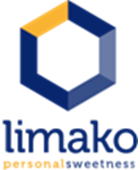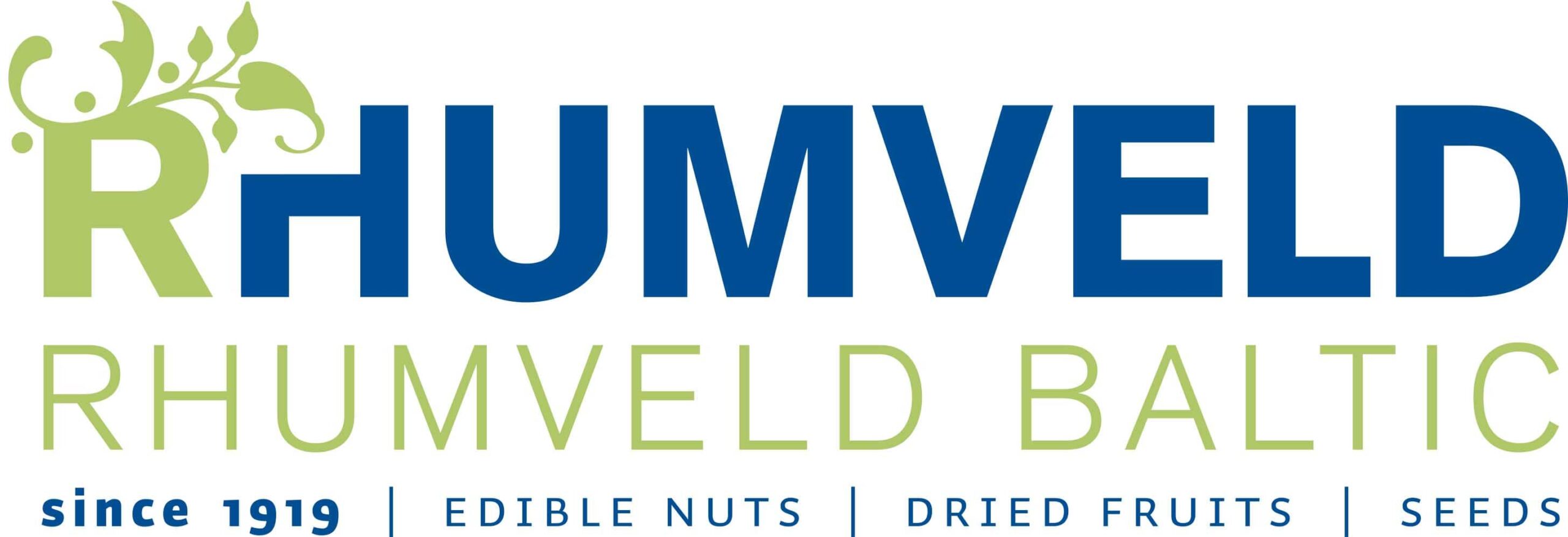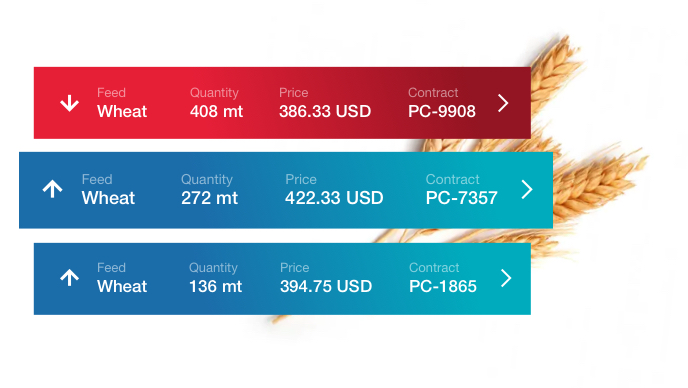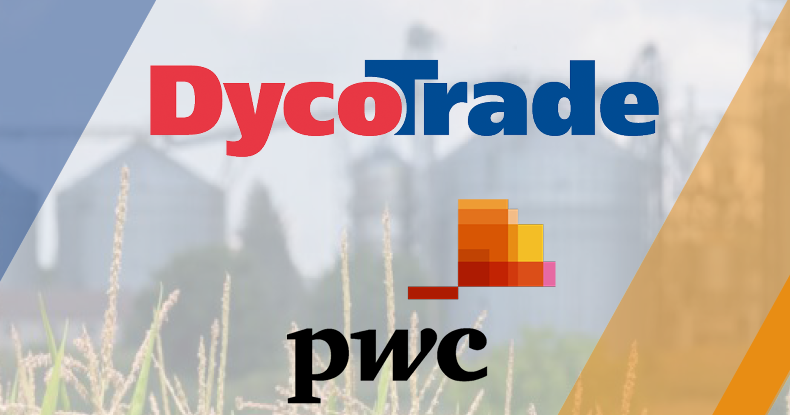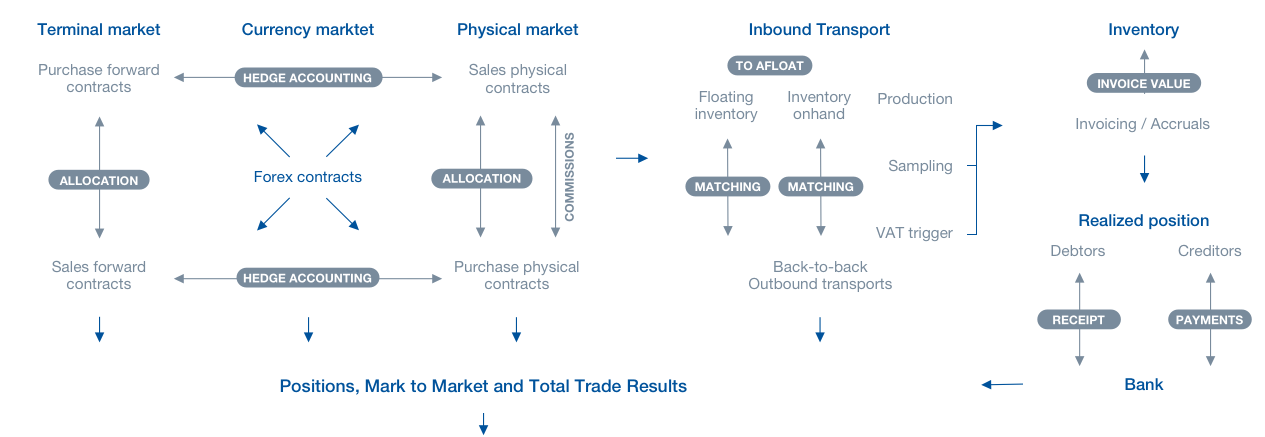This website uses cookies so that we can provide you with the best user experience possible. Cookie information is stored in your browser and performs functions such as recognising you when you return to our website and helping our team to understand which sections of the website you find most interesting and useful.
Strictly Necessary Cookie should be enabled at all times so that we can save your preferences for cookie settings.
If you disable this cookie, we will not be able to save your preferences. This means that every time you visit this website you will need to enable or disable cookies again.
This website uses Google Analytics to collect anonymous information such as the number of visitors to the site, and the most popular pages.
Keeping this cookie enabled helps us to improve our website.
Global site tag - Google Analytics
| Cookie Name | Expiration time | Description |
|---|---|---|
| _ |
2 years | Used to distinguish users. |
| _ |
24 hours | Used to distinguish users. |
| _ |
1 minute | Used to throttle request rate. If Google Analytics is deployed via Google Tag Manager, this cookie will be named _ |
| AMP_ |
30 seconds to 1 year | Contains a token that can be used to retrieve a Client ID from AMP Client ID service. Other possible values indicate opt-out, inflight request or an error retrieving a Client ID from AMP Client ID service. |
| _ |
90 days | Contains campaign related information for the user. If you have linked your Google Analytics and Google Ads accounts, Google Ads website conversion tags will read this cookie unless you opt-out. Learn more. |
Please enable Strictly Necessary Cookies first so that we can save your preferences!
This website uses the following additional cookies:
Hubspot
Hubspot uses cookies for Chatflow and Reports & Analytics tracking. For more info check link below.
Visitor Queue
At Visitor Queue, we use cookies to provide our service, track website analytics and provide you with a better website browsing experience. You can find out more about the cookies we use for our service and the cookies we use through the link below.
Leadberry
You can find more information about Leadberry cookies in the link below.
Leadfeader
| Cookie | Service | Expiration | Purpose |
|---|---|---|---|
| _session_id _stn_session_id _sso_session_id | Leadfeeder | 1 month | Used to keep you signed in to the Leadfeeder product |
| _ga | Google Analytics | 2 years | Used to distinguish visitors |
| _gid | Google Analytics | 24 hours | Used to distinguish visitors |
| _dc_gtm _gat | Google Tag Manager | 1 minute | Used to throttle request rate to Google's (Tag Manager, Analytics) servers |
| utm_campaign utm_source utm_medium | Leadfeeder | 1 year | We use these cookies to store from where you came to our website originally |
| ajs_anonymous_id | Segment | 1 year | Random generated id for anonymous visitors. Used to count different users. |
| ajs_group_id | Segment | 1 year | Leadfeeder website id if you are logged in. This is used to group visits by different website users. |
| ajs_user_id | Segment | 1 year | Your Leadfeeder user id if you are signed in as a user. This is used for usage analytics. |
| intercom-lou-bidodql1 | Intercom | 1 year | As above, but using your Leadfeeder ID. It helps our support staff to identify you. |
| lidc | LinkedIn Ads | 1 day | LinkedIn routing cookie |
| bcookie bscookie | LinkedIn Ads | 1 year | LinkedIn Ads browser ID |
| BizoID | LinkedIn Ads | 6 months | LinkedIn Ads analytics |
| BizoUserMatchHistory | LinkedIn Ads | 6 months | LinkedIn Ads analytics |
| UserMatchHistory | LinkedIn Ads | 6 months | LinkedIn Ads analytics |
| fr | 3 months | Facebook Advertising. See https://www.facebook.com/policies/cookies/ | |
| test_cookie IDE | DoubleClick (Google Ads) | 3 months | Google Advertising. See https://policies.google.com/technologies/types |
A license of the SalesFeed software places two first party cookies:
- a session ID cookie. This cookie lives for half an hour and aims to show a statistic about the number of pages per visit. This can then be filtered.
- a user ID cookie. This cookie lives for one year and aims to show a statistic about the number of browsers (as an approximation of the number of different visitors) that were used for the visits at a recognized organization. This can then be filtered.
Please enable Strictly Necessary Cookies first so that we can save your preferences!


